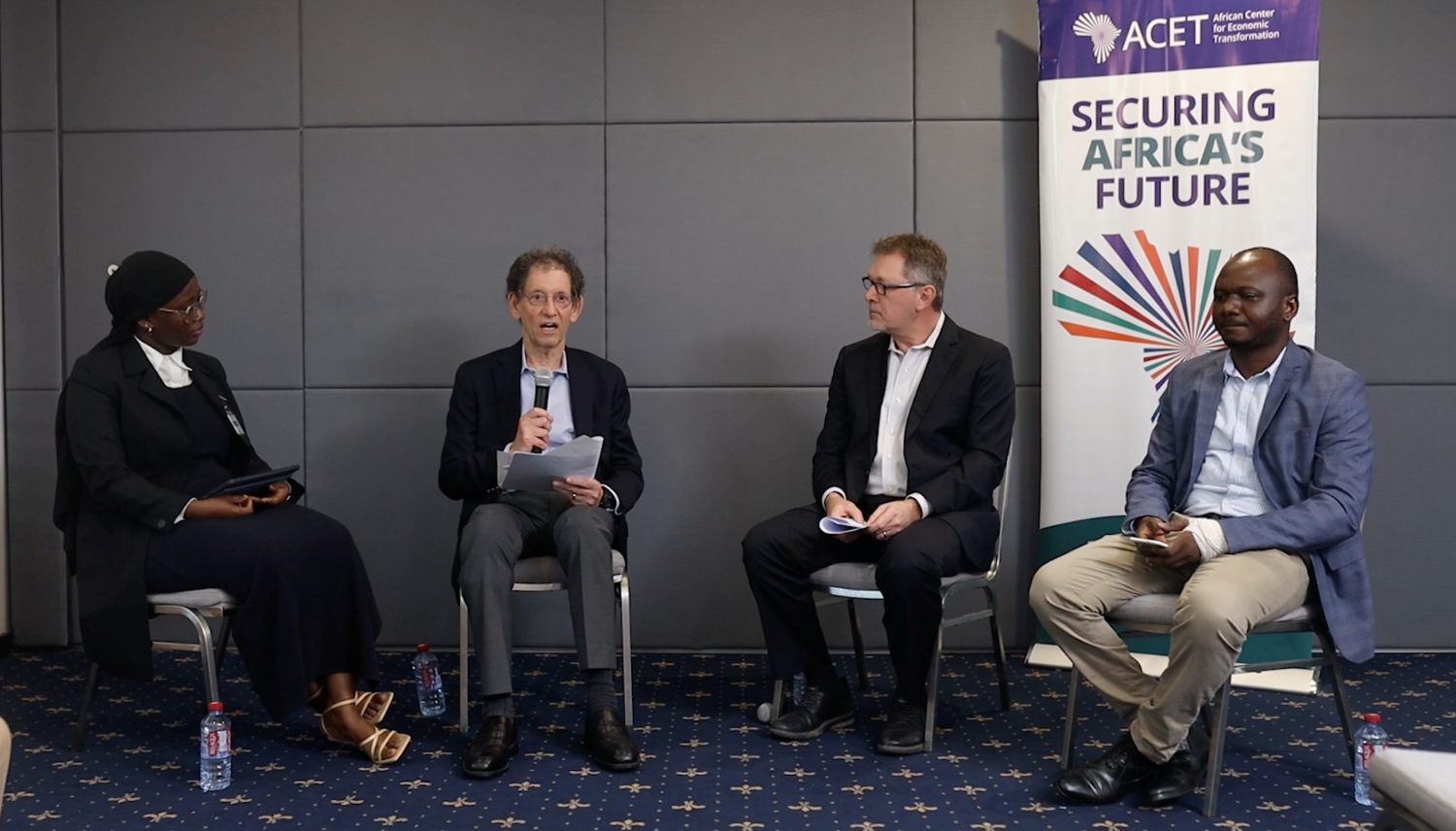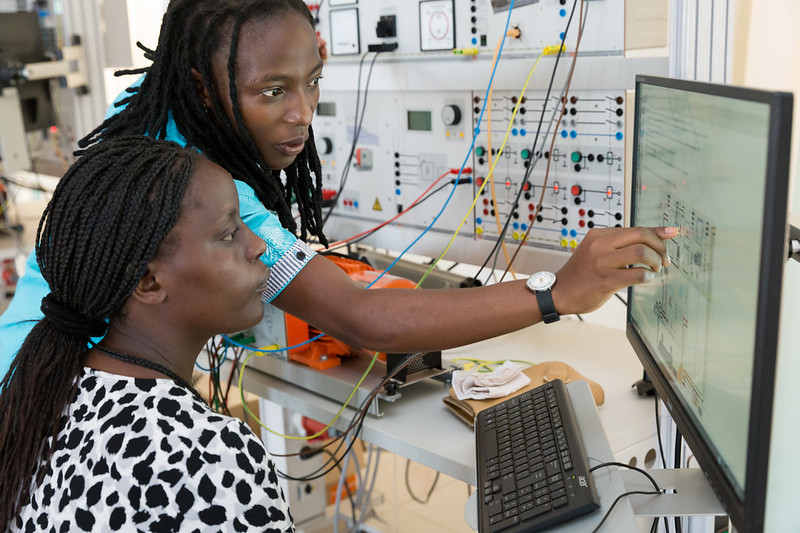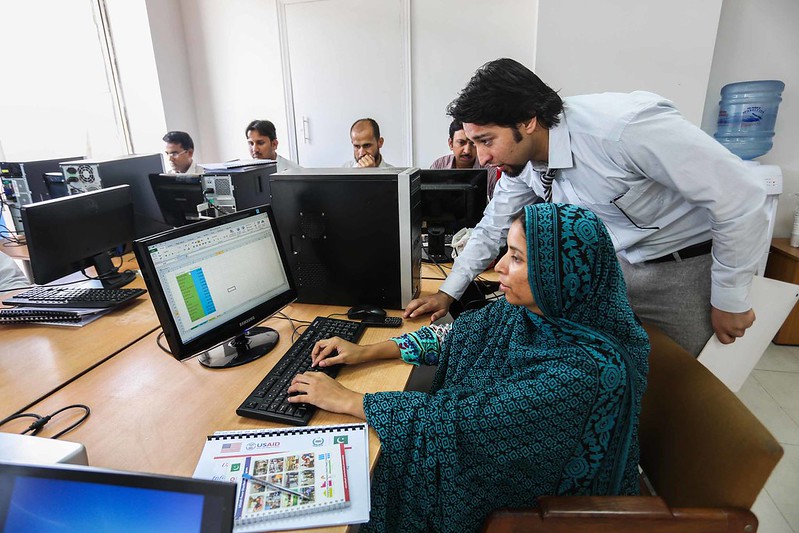We have long advocated for more widespread use of median income or median consumption to compare individuals’ material well-being between countries and its development over time. Unfortunately, finding up-to-date data had not been easy. While the data needed to calculate country medians has been available via the World Bank’s PovcalNet database for over five years, users had to enter a series of guesstimates for each country to find the income or consumption where the associated headcount was at 50% (aka the median). We have asked the Bank repeatedly to set its poverty data free and make the median more easily available. We even published our own, downloadable list of country medians to fill the data gap.
We are happy to report that the World Bank team that manages the (impressive) PovcalNet database has come through: as of October 1, the median monthly per capita income or consumption for each country is now part of the standard indicators displayed for any country query on PovcalNet (see screenshot below). We applaud the team for this update (and we thank Chico Ferreira in particular, our worthy colleague on the inside at the Bank).

Having relatively easy access to up-to date, official median income/consumption data is also exciting news for development professionals. The median offers researchers a more representative indicator for material well-being than GDP or GNI per capita. It is an easy-to-grasp measure that is also ‘distribution aware’: unlike GDP or GNI, the median will only rise if at least half of the country’s population is better off. Median income or consumption data can also be useful for development organizations, such as the Millennium Challenge Corporation, to complement existing indicators when it comes to assessing county needs and investment priorities.
Now, if there was only a way to download the newly published median figures…
CGD blog posts reflect the views of the authors, drawing on prior research and experience in their areas of expertise.
CGD is a nonpartisan, independent organization and does not take institutional positions.






